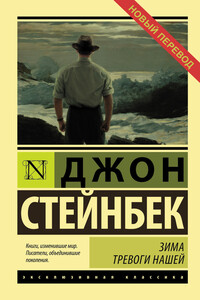Once there was a war | страница 3
But do you know it, do you remember it, the drives, the attitudes, the terrors, and, yes, the joys? I wonder how many men who were there remember very much.
I have not seen these accounts and stories since they were written in haste and telephoned across the sea to appear as immediacies in the New York Herald Tribune and a great many other papers. That was the day of the Book by the War Correspondent, but I resisted that impulse, believing or saying I believed that unless the stories had validity twenty years in the future they should stay on the yellowing pages of dead newspaper files. That I have got them out now is not for my first reason given at all. Reading them over after all these years, I realize not only how much I have forgotten but that they are period pieces, the attitudes archaic, the impulses romantic, and, in the light of everything that has happened since, perhaps the whole body of work untrue and warped and one-sided.
The events set down here did happen. But on rereading this reportage, my memory becomes alive to the other things, which also did happen and were not reported. That they were not reported was partly a matter of orders, partly traditional, and largely because there was a huge and gassy thing called the War Effort. Anything which interfered with or ran counter to the War Effort was automatically bad. To a large extent judgment about this was in the hands of the correspondent himself, but if he forgot himself and broke any of the rules, there were the Censors, the Military Command, the Newspapers, and finally, most strong of all in discipline, there were the war-minded civilians, the Noncombatant Commandos of the Stork Club, of Time Magazine and The New Yorker, to jerk a correspondent into line or suggest that he be removed from the area as a danger to the War Effort. There were citizens’ groups helping with tactics and logistics; there were organizations of mothers to oversee morals, and by morals I mean not only sexual morals but also such things as gambling and helling around in general. Secrecy was a whole field in itself. Perhaps our whole miasmic hysteria about secrecy for the last twenty years had its birth during this period. Our obsession with secrecy had a perfectly legitimate beginning in a fear that knowledge of troop-ship sailings would and often did attract the wolf packs of submarines. But from there it got out of hand until finally facts available in any library in the world came to be carefully guarded secrets, and the most carefully guarded secrets were known by everyone.





